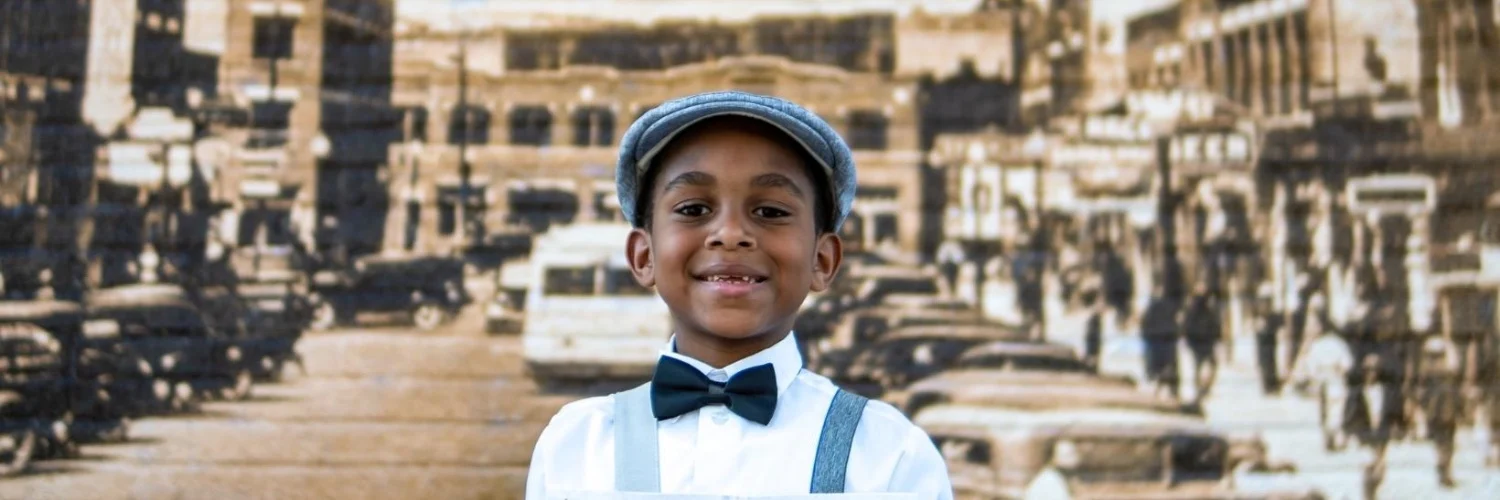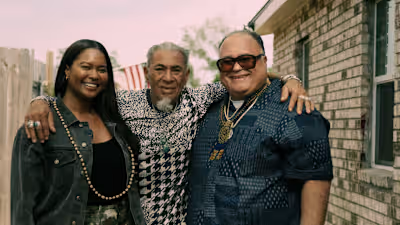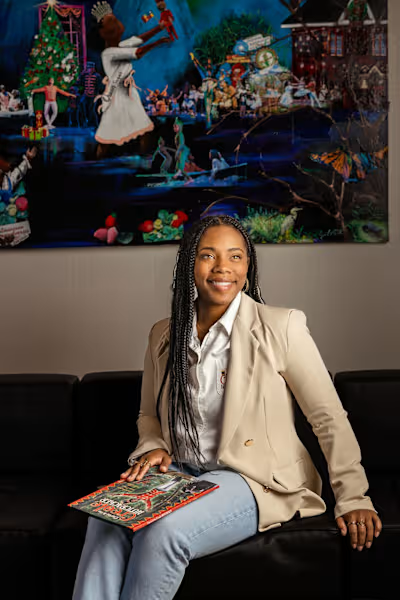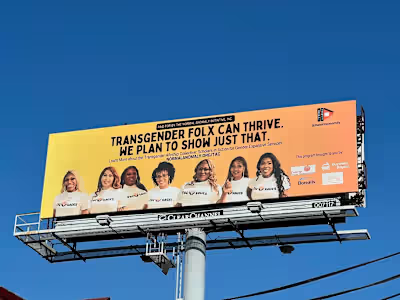Compilation of Black and Indigenous-led Collectives

Since the start of colonization, African Americans and Native Americans have endured ongoing grief and violence, leading to intergenerational trauma and social inequities that persist today. This includes land dispossession, enslavement, human trafficking, forced assimilation, and much more, emphasizing the need for community care.
These oppressive legacies of colonization and imperialism manifest in harmful ways. Unfortunately, mental health challenges, feelings of hopelessness, and substance use disorders (SUD) can arise due to these systemic and environmental stressors, along with intergenerational trauma.
According to the Substance Abuse and Mental Health Services Administration (SAMHSA), 127,000 (11.5%) Native American adults live with co-occurring mental illnesses and substance use disorders, and the number is 2.4 million (7.8%) in the African American community. For both communities, alcohol and tobacco products are the leading substances.
Despite centuries of displacement, disinvestment, and disrespect, historically resource-deprived Communities of Color have always organized to freedom fight and support each other. From maroonage to the American Indian Movement and the Black Power Movement, we have helped each other.
At a time of political and social uncertainty, we must share and protect spaces that promote community care, organizing, and healing. Oppressive systems will not save us.
The Black Wall Street Times compiled a list of Black and Indigenous-led collectives, organizations, and spaces that are doing the work nationwide.
Like this project
Posted May 1, 2025
Compiled a list of Black and Indigenous-led collectives and organizations to combat white supremacy and global oppressions.
Likes
0
Views
10
Clients

The Black Wall Street Times







